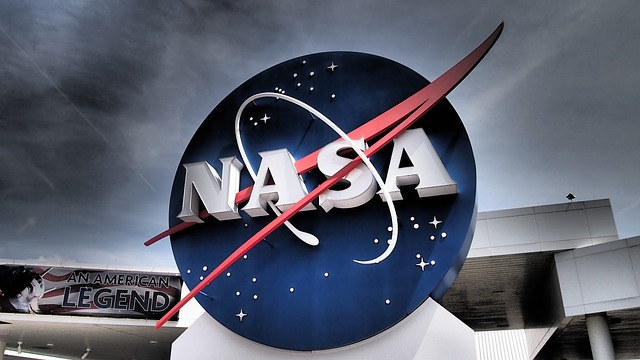
The American space agency, NASA has announced an upcoming mission that aims to study the origin and evolution of the universe.
The space agency revealed that this mission will last for two years and they will try to determine how common the ingredients needed to support life are available within the planetary system of Milky Way.
SPHEREx, when expanded 'the Spectro-Photometer for the History of the Universe, Epoch of Reionization and Ices Explorer' will be launched in 2023 that will cost of $242 million. It should be noted that this estimated fund will be exclusive of the launching cost.
"This amazing mission will be a treasure trove of unique data for astronomers. It will deliver an unprecedented galactic map containing 'fingerprints' from the first moments in the universe's history. And we'll have new clues to one of the greatest mysteries in science: What made the universe expand so quickly less than a nanosecond after the big bang?" said Thomas Zurbuchen, associate administrator for NASA's Science Mission Directorate, CNET reports.
During the research, SPHEREx will make use of infrared and optical lights to survey the sky every six months. The project will also collect data from more than 100 million stars in the Milky Way, as well as 300 million galaxies. Researchers at NASA also revealed that the technology which will be used in SPHEREx will be very similar to that of the ones used in satellites and Mars spacecraft.
Scientists at NASA are also planning to search organic molecules and water in areas where stars take birth, and experts call these areas stellar nurseries. Space experts believe that these nurseries and the disks surrounding these stars might contain ingredients of life.
Jim Bridenstine, the NASA administrator also shared his excitement about this new project. As per Bridenstine, this upcoming mission will act as the United States' dominance in space missions, and will also help to unveil the mysteries surrounding the universe.








